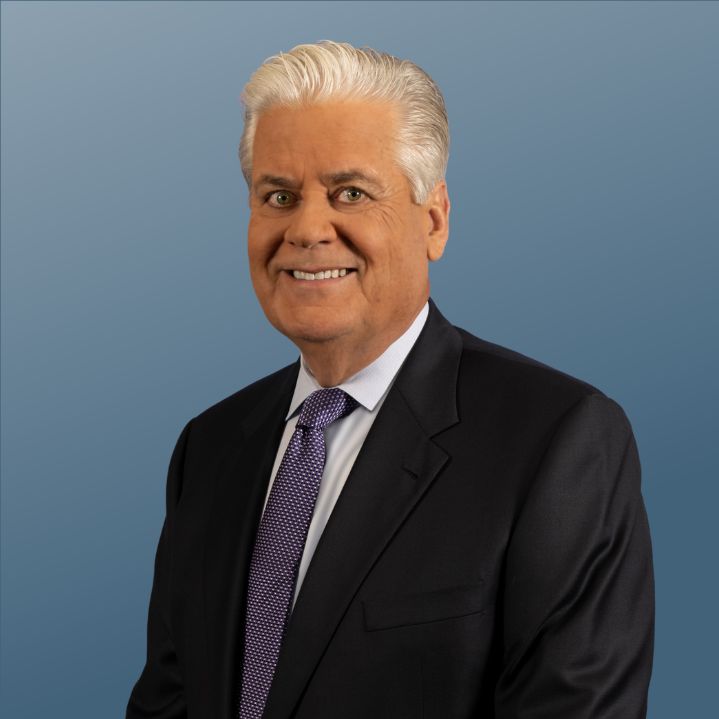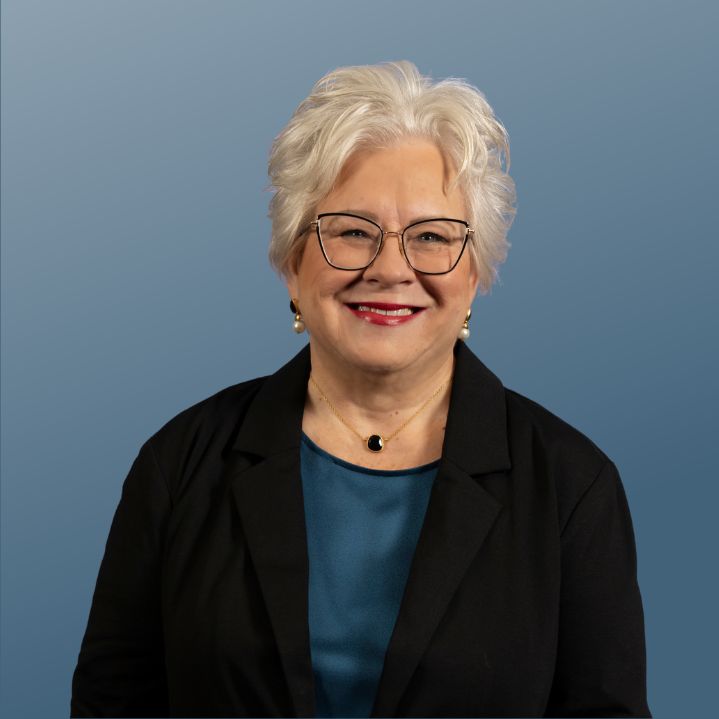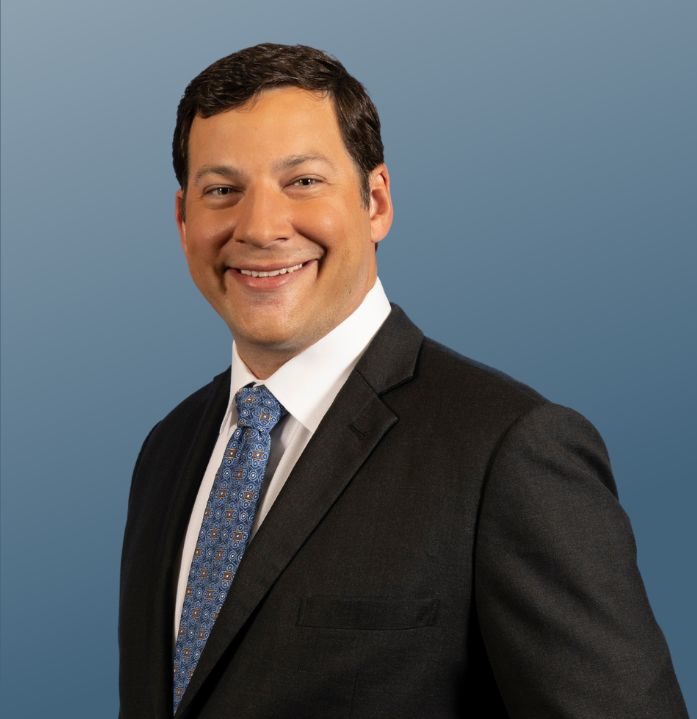We are all guilty of having discussions about what might happen in the future. The word “if” is popular when we say things like, “If I die, I want my children to take over running my company,” or, “If I die, I want to have money earmarked for my grandchildren’s education.” The variations of this wishful thinking are endless, but the reality is that there is only one “if” when it comes to the inevitable. When, and not if, you die, you either have a plan in place to carry out your wishes or you don’t.
 Having a plan for when you die involves making several decisions and working with your advisors in setting up requisite structures and completing all necessary documentation. Procrastinating can take you out of the driver’s seat when it comes to controlling what happens to the most important parts of your life when you die:
Having a plan for when you die involves making several decisions and working with your advisors in setting up requisite structures and completing all necessary documentation. Procrastinating can take you out of the driver’s seat when it comes to controlling what happens to the most important parts of your life when you die:
- Who will take care of my minor children?
- Who will own and run my company?
- How, and to whom, will my assets be transferred?
- How will the estate/asset transfer taxes be paid?
- Will there be enough liquidity to support my family?
- What about the community organizations I care about?
C3 Financial Partners help our clients, and their advisors, develop a strategy that covers the transfer of assets at death, provides liquidity for those left behind, and addresses a variety of other personal matters that may or may not involve wealth transfer and tax or financial planning.
Clarity
 If you don’t have a voluntary plan in place, you are not alone. Just 34% of adults in the U.S. have a formal written estate plan, according to an October 2022 survey released by D.A. Davidson & Co. Moreover, 37% of respondents, the largest portion, said they didn’t have a plan at the ready because they felt they did not have a large enough estate to warrant needing one. Procrastination came in second place, with 32% of those surveyed saying they simply “haven’t gotten around to it.”
If you don’t have a voluntary plan in place, you are not alone. Just 34% of adults in the U.S. have a formal written estate plan, according to an October 2022 survey released by D.A. Davidson & Co. Moreover, 37% of respondents, the largest portion, said they didn’t have a plan at the ready because they felt they did not have a large enough estate to warrant needing one. Procrastination came in second place, with 32% of those surveyed saying they simply “haven’t gotten around to it.”
The survey also showed that 20% of respondents who actually created estate plans have not updated them in the last five years.
Unfortunately, most estate planning is triggered by a life event, such as marriage, divorce, death, or a business transition. Being reactive means, it might be too late to enact strategies that maximize investment and tax savings potential.
Consulting planning specialists at C3 Financial Partners have a positive impact when it comes to creating an estate plan. According to the survey, the number of those having a plan spiked from 18% to 56% if they have worked with a professional at some point. Those who have worked with a financial professional also feel more confident and prepared to discuss their estate plan and end-of-life wishes than those who have never worked with one, the survey showed.
And as for those respondents without an estate plan and who worked with a financial advisor, the biggest factor preventing them from getting it done was procrastination (44%).
The survey highlighted a couple of reasons why people, even very wealthy people, don’t have an estate plan. For one, no one likes to dwell on their own demise, so taking the time and energy to consider and address all the financial and legal considerations related to producing an estate plan can be less than appealing.
Another issue is that most people tend to live in the present. They have spouses, children, and grandchildren and may be involved in working in or running a family business. Nurturing those relationships can feel like a full-time job on top of the one they already have.
Confidence
The expression “You’re not alone when it comes to planning” may have additional implications. For instance, by not developing and putting a plan in place, many are preventing their spouses and adult children from making decisions about their own plans. An adult son or daughter could find it difficult to conceive of their own future financial position, including any potential estate tax liabilities, if their parents have not communicated their own intentions, especially around the disposition of a family business or other large assets.
One reason for communicating an estate plan with adult children is that it gives those children an opportunity to buy any needed life insurance at a younger age when policy costs are lower. In some situations, the first generation may want to pay for the life insurance coverage on their adult children to reduce the size of their taxable estate and so that their grandchildren can benefit from the policy proceeds.
It may also be that the first generation has insurability challenges and needs to “borrow” the insurability of one of their adult children to be able to include life insurance for various reasons. In addition to communicating practical information adult children will eventually need, sharing your wishes can offer a gateway to deeper connections. It may also offer an opportunity for your children to share their own perspectives that can inform the choices you make in your plan.
Coordination
Conversely, estate and financial-related conversations with adult children can introduce tension. Everyone’s family dynamic is different and deciding how much to disclose is a personal decision based on many factors, including your comfort level with disclosing financial information and your relationship with your children. While no one is required to discuss their personal financial decisions with their children, the experienced team at C3 Financial Partners recommends communicating details around the following:
Financial Details
Giving inventory and access instructions for key financial information can eliminate days of searching, paperwork, and phone calls to the bank. This includes bank, investment, and retirement account numbers, life insurance policies, pensions, annuities, and beneficiary designations. In addition, make a list of liabilities, including credit cards, outstanding debts, and recurring payments, since the executor may have to settle or close these accounts.
Where Important Documents are Located
Your adult children should know where your Will and other important documents are located. If an attorney’s office prepared these documents, the name of the firm, the attorney, and the contact information should be relayed to your children. In addition, access to digital information, including passwords to key accounts, should be listed so that your children have quick access.
Property
- Sharing both what real estate you own and any mortgages you hold on that property can be very helpful. If there is a traditional mortgage on your home, heirs will need to keep paying the monthly payment even if they intend to sell the home.
- If there is real property in other locations, domestic or foreign, adult children should know the location and how to deal with those pieces of land.
Medical Directives
Eliminating the guesswork for children in case you are hospitalized or incapacitated is key. If you have a medical power of attorney, make this clear. If you have a do-not-resuscitate order (DNR) in place, let your children know the location of this paperwork so they can readily access it.
Final Wishes
If you’ve left funds that can be immediately accessed to pay for burial or funeral services, share how much you’ve left, where, and specific instructions regarding the treatment of your remains and service. This could include everything from how much you want the total service to cost, to how elaborate the service should be, and what religious representative (or not) you would like to oversee the service.
Perhaps the most important is to not be overwhelmed by the number of decisions you face and to get started on your plan for when you die.
C3 Financial Partners can support you and your other advisors by serving as a knowledgeable resource and a valuable part of a planning team. We look forward to helping our clients and their advisors gain clarity, confidence, and coordination in their planning.
Securities offered through Valmark Securities, Inc., member FINRA, SIPC. Investment Advisory Services offered through Valmark Advisers, Inc. a Registered Investment Advisor, 130 Springside Drive, Suite 300, Akron, Ohio 44333-2431, 1.800.765.5201. C3 Financial Partners, LLC is a separate entity from Valmark Securities, Inc. and Valmark Advisers, Inc.
The information presented here is for educational purposes only and is not intended to provide specific advice or recommendations for any individual nor does it take into account the particular investment objectives, financial situation or needs of individual investors. The information provided has been derived from sources believed to be reliable, but accuracy is not guaranteed and does not purport to be a complete analysis of the material discussed.
 ™
™





